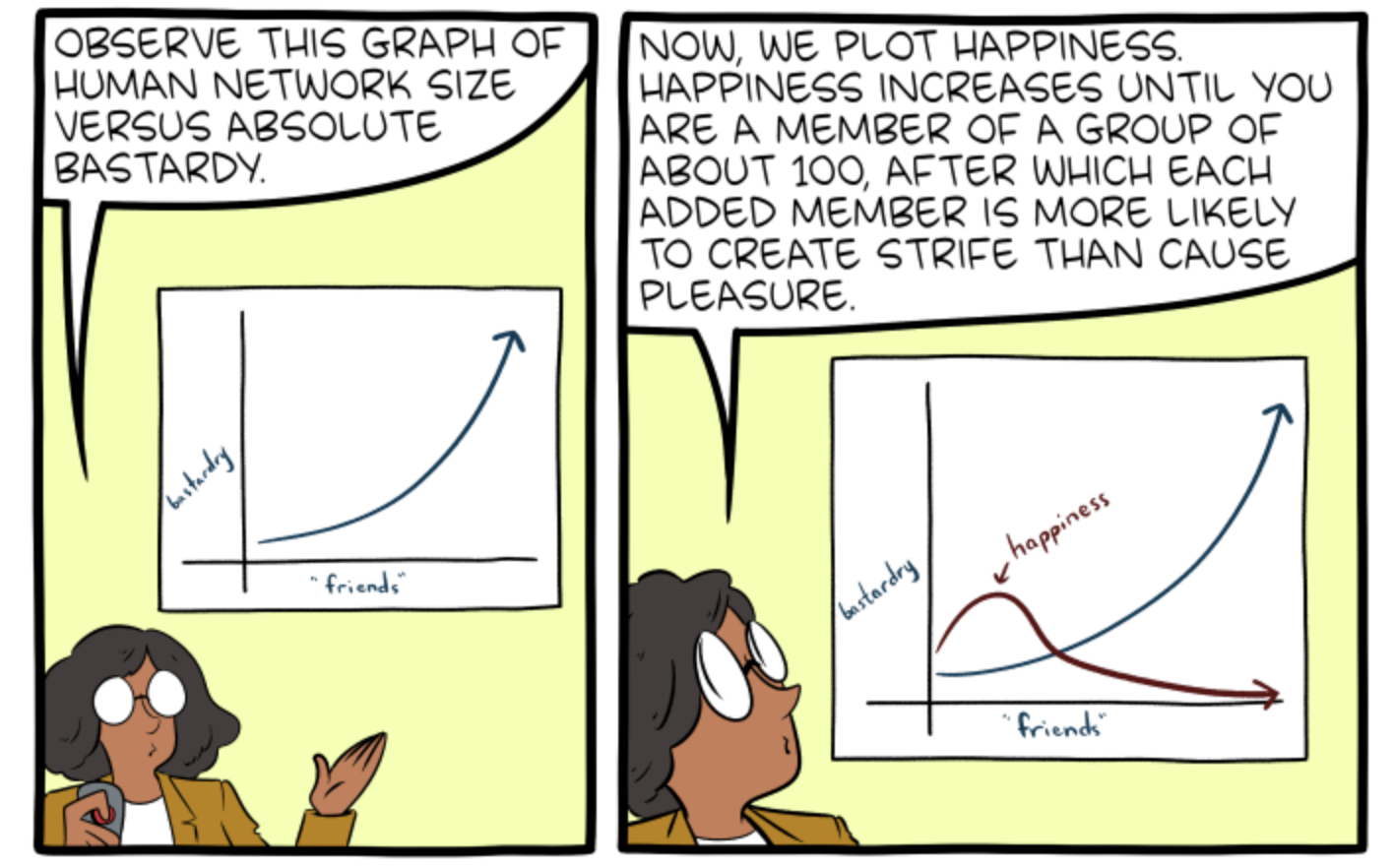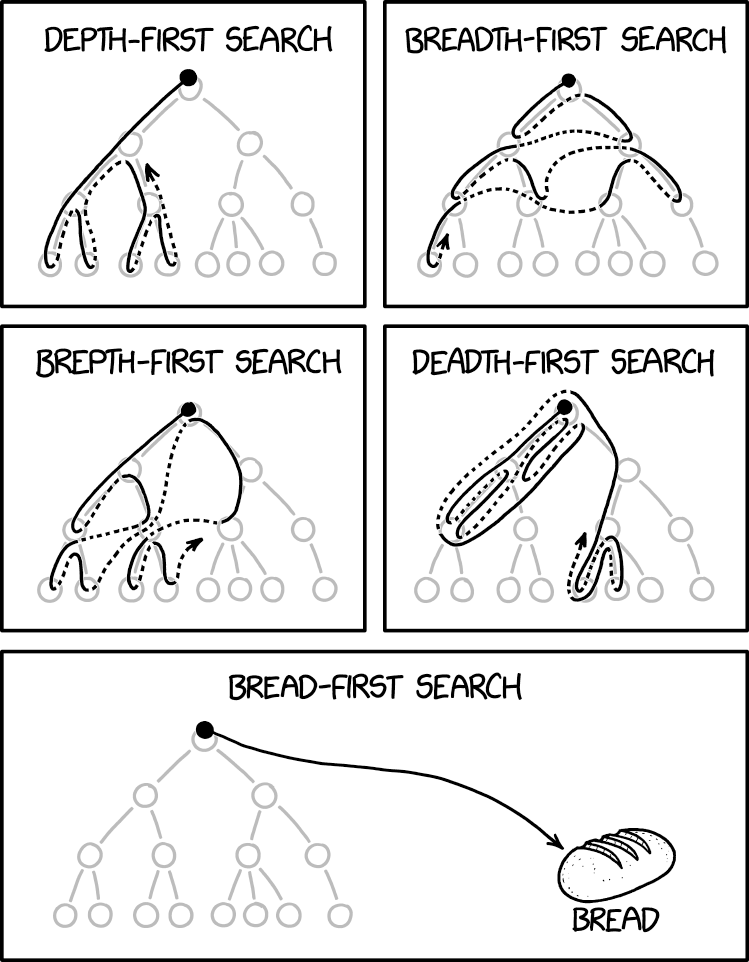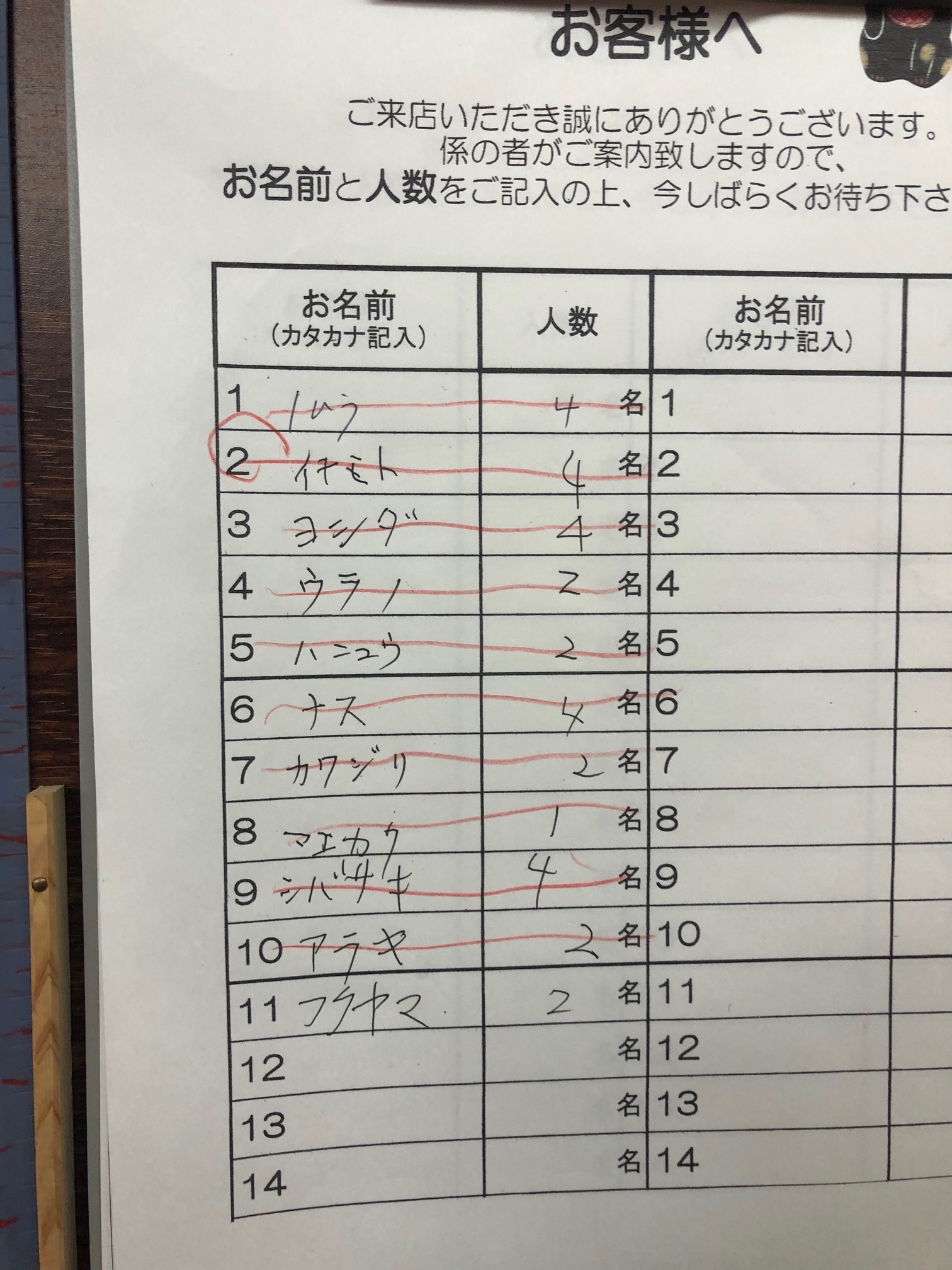The Passivator reborn
I've been resisting topics like "words for coup" and "the meaning of insurrection" — we'll see how long that resolve lasts — but this morning's distraction is the rebirth of something I wrote about many years ago, namely an online service for identifying instances of passive-voice verbs.
In my review of 'The Passivator" (4/6/2004), I noted that "though The Passivator is billed as a 'passive verb and adverb flagger', it just flags certain strings of characters — final "-ly" for alleged adverbs, forms of 'to be' for alleged passives". Never mind that to be is used for lots of other things, and there are plenty of adverbs that don't end in -ly, and not everything that ends in -ly is an adverb.
The "Passive Voice Detector" at datalyze.com uses a slightly less silly version of the same dumb algorithm — it flags forms of to be immediately followed by words ending in -ed. This leads to absurd false positives, e.g. when a form of to be is followed by a noun ending in -ed:
…and predictable false negatives, e.g. when an adverb intervenes between the auxiliary and the participle:
Update — other false negatives includes contracted forms of to be (e.g. "They're defeated") and irregular participles (e.g. "They were overcome.").
Read the rest of this entry »






